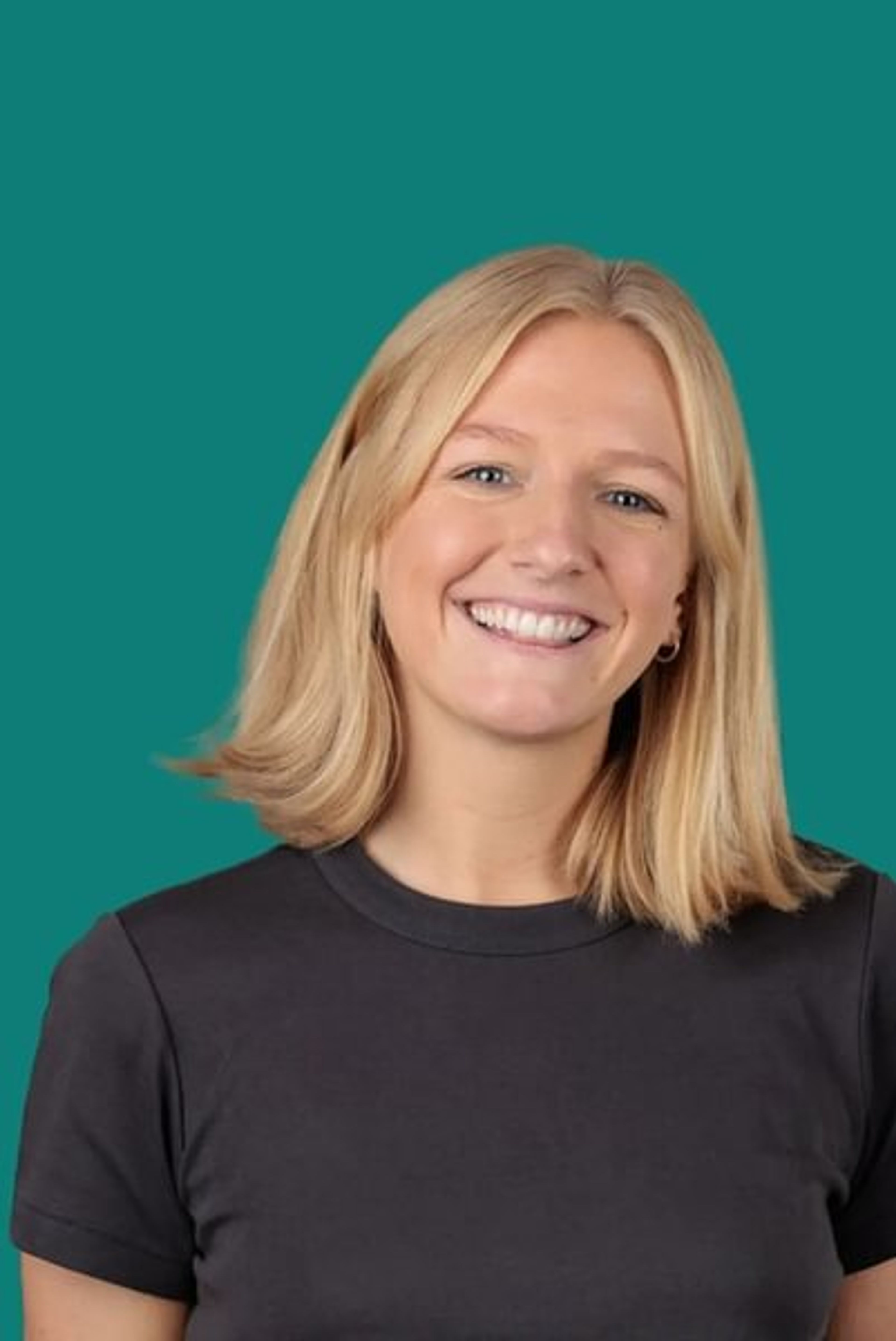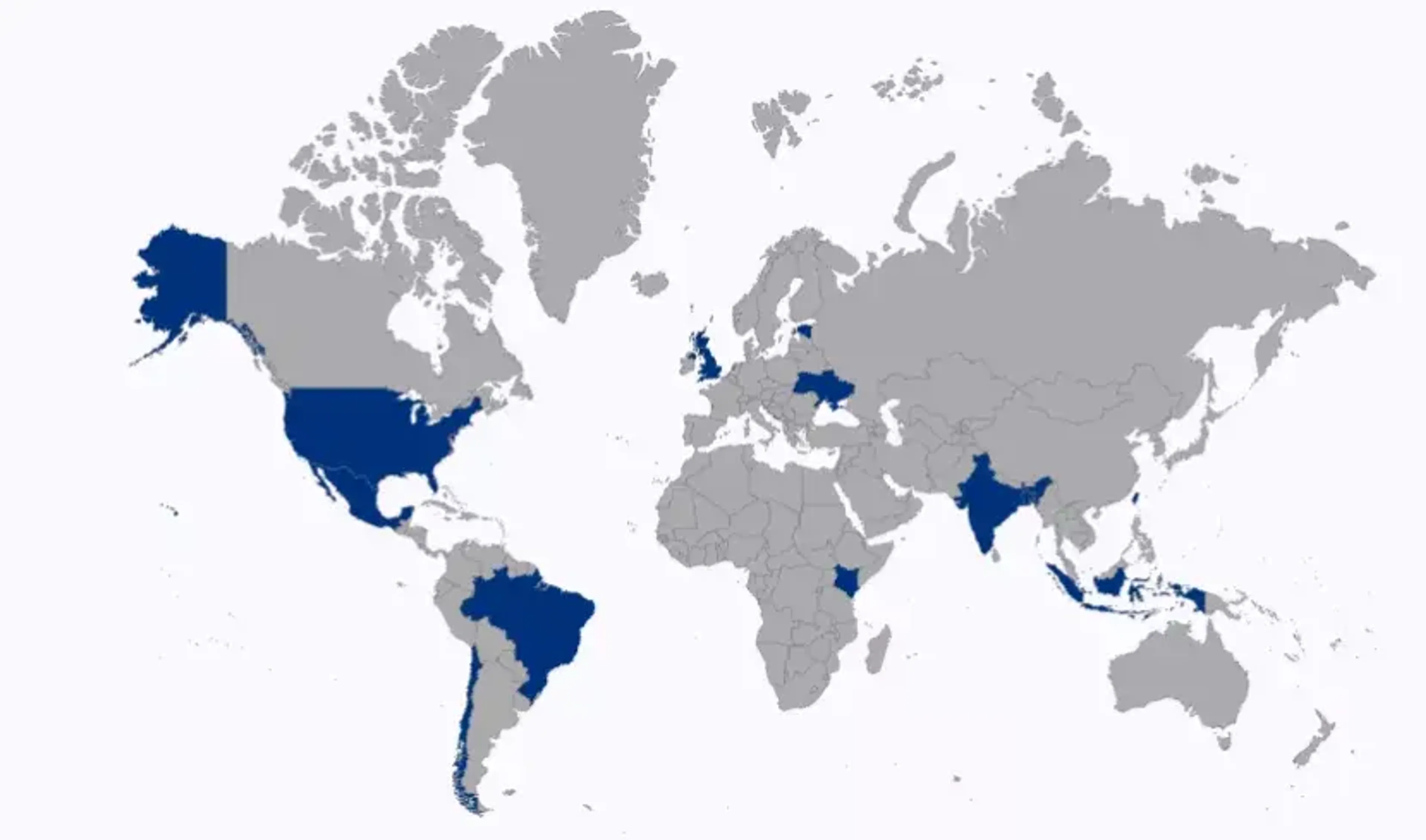
Philippa Elworthy
Director
In June 2022 Public Digital, Harvard Kennedy School, and Co-Develop hosted a convening at the Rockefeller Bellagio Center in Italy.
The event brought together 17 senior leaders from both
international government and supporting institutions, representing 14
countries and 2.5 billion citizens. It was a valuable opportunity for
experts in digital to come together, share insights and develop a united
vision for what the future of digital government could look like.
Public Digital extends its thanks to the Rockefeller Foundation for
hosting the convening.

The convening took place against a backdrop of dramatic global shifts: war in Ukraine, post-pandemic recovery, disasters brought on by the climate crisis and numerous other challenges to global stability. The role of digital is becoming increasingly prominent within the complex web of these issues, as well as their solutions: Now more than ever is a critical time to be exploring the topic of digital government.
Discussion at the convening was based around the concerns set out by David Eaves, one of the convening’s co-hosts, in his article ‘The Narrow Corridor and The Future of Digital Government.’ The article takes the concept of the Narrow Corridor: the fine balance which must be reached between the powers of the state and society (including citizens, civil society, and the private sector) to achieve liberty and democracy, introduced by Acemogulu and Robinson in their 2019 book of the same name. Eaves’ article applies this metaphor to digital government to illustrate different possible scenarios for digital government.
The convening created space to discuss real world implications for digital government as influenced by these ideas. In digital, as in politics more widely, the Narrow Corridor model highlights the need for both a strong state and a strong society. Eaves’ article argues that digital change comes with as many risks to public good as it does opportunities, with both sides requiring enough strength to keep the other in check. When this fails, the implications can be huge.
In non-democratic countries where digital power is held overwhelmingly by the state, manipulation of citizens through misinformation online becomes effortless. As we have seen, the Covid-19 pandemic and the war in Ukraine highlight the real world implications of strategic misinformation. Conversely, a government held at the behest of private tech giants can have a similarly damaging effect, as seen in the potential for social media organisations to influence the outcome of elections through their access to personalised data. Additionally, as private companies have limited incentive to make services accessible to poorer areas of society, digital divides - and related inequalities like the health divide and the economic divide - may be more likely to grow under the control of profit-driven enterprises.
As the climate crisis and global wars continue to displace people, questions also arise around how best to approach physical crises using digital systems. As we have seen in the Ukraine, digital documentation and personal data can play a positive role for governments providing public services and support to refugees no longer based in the country. However, as these possibilities expand, so do their risks: how can they be managed in a way that doesn’t enable governments to acquire too much power?
With so many important conversations to be had about the role of digital government and the political environments in which it operates, the convening at the Rockefeller Bellagio Center enabled us to create a space for open and effective discussion.
As an organisation founded by those who led the way for the UK Government Digital Service, Public Digital has been a leading voice in conversations about digital government, and have been exploring these topics for well over a decade. David Eaves, Associate Professor in Digital Government at UCL IIPP, has also been an early leader in the area of digital government, having previously lectured at the Harvard Kennedy School and co-founded Teaching Public Service in a Digital Age.
David joined Emily Middleton, a Partner at Public Digital, in co-hosting the convening at Bellagio alongside C.V. Madhukar, the CEO of Co-Develop. We were privileged to welcome a range of experts in digital government, all committed to sharing knowledge and forming a common vision. These included figures such as a senior leader in the Ministry of Digital Transformation of Ukraine, and the former Executive Director of Code for America.
Other attendees included senior figures from the Indonesian Civil Service, a2i (who work alongside the Government of Bangladesh), and MyGov India.
The event was an important opportunity for us to come together to discuss the future of digital government, and we are grateful to all the attendees for offering their knowledge and insights.
Public Digital's reflections from the discussions which took place at Bellagio can be read here.

Director